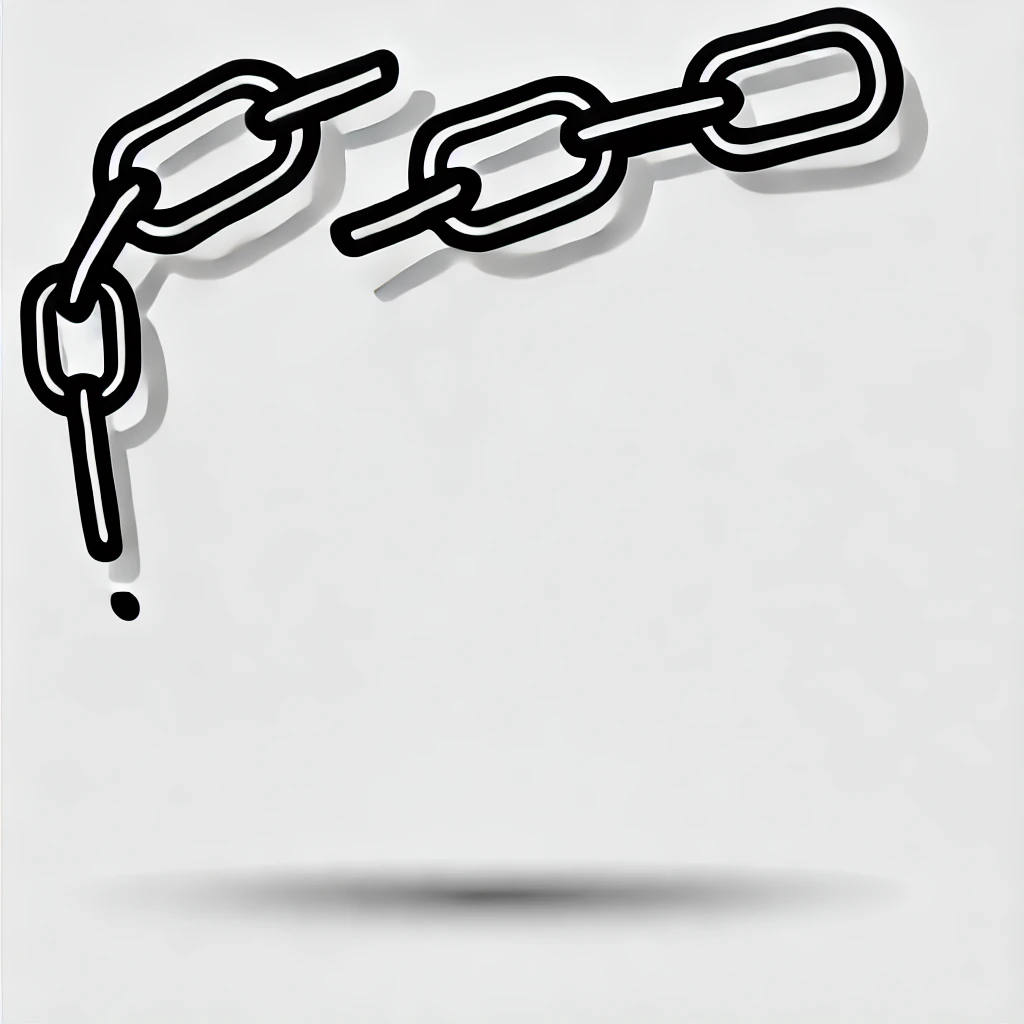Home / Contents / Donations / News / Contact
CAL - Control as a Liability

Supports:
Context:
In DAOs, power concentration can lead to inefficiencies and a lack of participation from members. Where one or a few individuals hold significant control, it can create dependencies and stifle the proactive contributions of other members.
Problem:
Significant control centralized in a few hands often leads to slower decision-making, risk of mismanagement, and decreased incentive for wider community participation. This can undermine the principles of decentralization and diminish the effectiveness of the DAO.
Forces:
- Decentralization: The need for spreading decision-making across a broad spectrum.
- Autonomy: Individual and collective capacity to act independently.
- Responsiveness: The need for a DAO to quickly react to new information or changes in the environment.
- Member Engagement: Ensuring all members feel their contribution is impactful.
Solution:
To mitigate the risks associated with control concentration, DAOs should implement mechanisms to distribute authority and decision-making power widely among members. This might include:
- Using automated consensus mechanisms to make decisions.
- Rotating leadership roles to prevent power imbalances.
- Implementing modular governance where different sectors of the DAO operate semi-autonomously.
- Encouraging open participation in decision-making through token-based voting systems where the distribution of tokens is broad.
- Cultivating a culture where leadership is seen as a responsibility rather than a privilege, and where leaders are facilitators rather than controllers.
Real-world examples include:
- The DAO: Initially failed due to central vulnerabilities but provided key lessons on decentralizing functions.
- MakerDAO: Utilizes a decentralized governance framework with voting rights distributed among MKR token holders, ensuring no single party has complete control.
- Dash: Employs a decentralized governance protocol, allowing proposals to be funded directly from the blockchain if they receive enough votes from the network’s stakeholders.
Therefore:
Avoid centralizing excessive control within a few hands in DAOs. Implement structures and systems that ensure power is a shared and rotating responsibility, promoting greater member engagement and responsiveness while aligning with the ethos of decentralized management.
Supported By:
